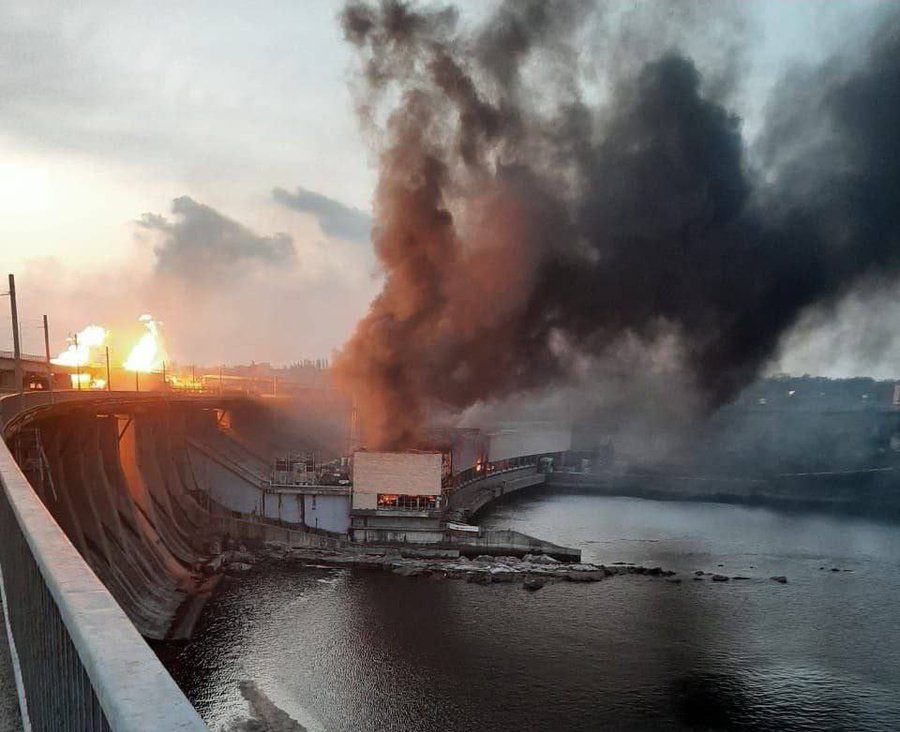Shapps: UK will not allow Red Sea to become ‘no go’ area for shipping
The UK and allies will not allow the Red Sea to become a “no go” zone for shipping and will step up efforts to tackle Iran’s “malign influence”, Cabinet ministers have said.


The UK and allies will not allow the Red Sea to become a “no go” zone for shipping and will step up efforts to tackle Iran’s “malign influence”, Cabinet ministers have said.
Defence Secretary Grant Shapps said the UK was committed to “repelling” the attacks on ships using the vital trade route by an Iranian-backed group in Yemen.
And Foreign Secretary Lord Cameron said Tehran must be sent an “incredibly clear message” that its activities would not be tolerated.
Mr Shapps told the Sunday Times: “We are committed to protecting British interests – vessels sailing under a UK flag, or with British sailors or carrying goods destined for our shores.
“We have seen the disruption the terrorist attacks have caused – with major operators including Maersk and BP avoiding the region.
“We can’t allow any maritime area to become a no-go area, particularly such a vital route. But wider than that, we need to promote a safer world.
“The spate of illegal attacks represent a direct threat to international commerce and maritime security.
“The rules-based world order means we have to remain committed to repelling these attacks to protect the free flow of global trade, and I am determined the UK will remain a major player in that.”
Foreign Secretary Lord Cameron said the Houthi rebels in Yemen, who have targeted cargo vessels using the busy trade route, were just one of the groups backed by Iran, including Hamas.
The attacks on shipping in the Red Sea by the Houthis began in response to the conflict in Gaza, with the group claiming it was targeting vessels with Israeli links.
Further incidents involving ships being targeted by drones in the Red Sea were reported on Saturday.
Lord Cameron said: “Iran is a thoroughly malign influence in the region and in the world – there’s no doubt about that.
“You’ve got the Houthis, you’ve got Hezbollah, you’ve got the Iranian-backed militias in Iraq that have actually been attacking British and American bases, troops.
“And, of course, Hamas. So you’ve got all of these proxies, and I think it’s incredibly important that, first of all, Iran receives an incredibly clear message that this escalation will not be tolerated.
“Second of all, we need to work with our allies to develop a really strong set of deterrent measures against Iran, and it’s important that we do that.
“The level of danger and insecurity in the world is at an extremely high level compared with previous years and decades, and the Iran threat is a part of that picture.”
The United Kingdom Maritime Trade Operations (UKMTO), a Royal Navy initiative which provides information on security incidents to shipping operators, highlighted a series of attacks on Saturday.
There were multiple reports of a drone flying low above a vessel before exploding around 1.5 nautical miles away from it, with the incident taking place around 50 nautical miles off the Yemeni coast.
Another drone attack was reported in the Red Sea around 45 nautical miles from Saleef, Yemen.
A further incident on Saturday took place around 200 miles south west of Veraval, India – well beyond the Red Sea which has been the focus of attacks on shipping – with the US claiming a kamikaze drone launched from Iran hit a chemical tanker.
Lord Cameron’s comments followed a visit to the Middle East which saw him discuss the situation in the Red Sea with his Egyptian counterpart.
Royal Navy warship HMS Diamond has already joined an international operation to protect cargo vessels and Lord Cameron hinted at potentially greater British involvement in the coalition.
If the Red Sea is too dangerous for shipping, vessels travelling between Asia and Europe will be forced to detour around the southern tip of Africa rather than use the Suez Canal, adding costs.
Some shipping companies and oil giant BP have already rerouted vessels away from the area.
Press Association – by David Hughes



